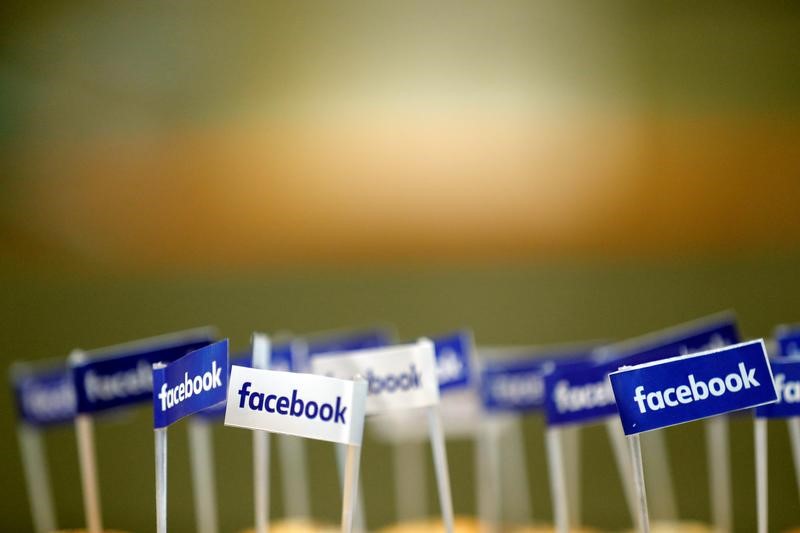On Tuesday, Piper Sandler released its PSC 2025 Ad Buyer Survey, revealing increased economic confidence, adoption of AI tools, and growth expectations in the digital advertising industry. The survey, which involved around 40 respondents managing over $8 billion in digital ad spending, indicated a more optimistic outlook for 2025 compared to the previous year.
The optimism aligns with Meta's recent performance, as InvestingPro data shows the company achieved impressive revenue growth of 23% over the last twelve months, supported by a robust gross profit margin of 81.5%.
Respondents project a growth acceleration in both digital and total ad spend for 2025. The total ad spend is expected to grow by 5.3% year-over-year, slightly higher than the 5.0% growth seen in 2024. Digital ad spend is forecasted to see an even greater acceleration, with respondents pointing to the 2024 Olympics and political advertising as significant growth contributors.
The survey results were particularly favorable for Alphabet (NASDAQ:GOOGL) Inc's Google (NASDAQ:GOOGL), as its AI products, Gemini and Performance Max, were identified as having strong potential to drive incremental spend in 2025.
While the outlook for Meta Platforms Inc (NASDAQ:META)'s META and smaller to mid-size companies was more mixed, Meta's financial health score on InvestingPro remains "GREAT," with strong cash flows and a market capitalization of $1.55 trillion. The survey also highlighted that only about 21% of respondents expect a recession next year, a decrease from previous surveys.
In terms of market share, the survey noted consistent display losses to digital video and Connected TV (CTV), with TikTok gaining in social media and Amazon (NASDAQ:AMZN) increasing its share in display and CTV. Interestingly, the survey predicts that X/Twitter will gain the most social media market share in 2025, surpassing TikTok.
The survey also touched on potential risks, noting that the industry's optimistic sentiment could be a negative indicator for 2025 digital ad returns.
However, Piper Sandler maintains a positive view on digital ad stocks for the coming year, citing the strength of Google's AI products and the expected market share gains for The Trade Desk Inc (NASDAQ:TTD) in the CTV segment. Meta's current P/E ratio of 28x and trading near its 52-week high of $629.79 reflect market confidence.
For deeper insights into Meta's valuation and growth prospects, including 15 additional ProTips and comprehensive financial analysis, visit InvestingPro. The survey concluded with insights on other companies, noting that Facebook's FB Blue is likely to lose share, while Pinterest Inc (NYSE:NYSE:PINS) is set to gain share, albeit at a slower pace compared to previous improvements.
In other recent news, Meta Platforms, the parent company of Facebook, has been under scrutiny by European regulators over a discontinued advertising collaboration with Instagram targeting teenagers. The project has since been terminated, but the European Commission continues to investigate the details of the partnership.
Meanwhile, Piper Sandler has raised the target for Meta shares, recognizing the company's impressive earnings results for 2024 and advancements in artificial intelligence. The firm also acknowledged the challenging year-over-year comparison for Meta in the first half of 2025, leading to a slight adjustment in estimates.
On a different note, Truist Securities maintains a Buy rating on Amazon shares, forecasting record highs in U.S. e-commerce and digital advertising spending, with Amazon poised to capture approximately 49% of U.S. e-commerce market share. The firm's analysis suggests that Amazon's U.S. Revenue is tracking at or slightly above the current consensus estimate of $114.5 billion for the fourth quarter of 2024.
In a significant legal development, a U.S. appeals court upheld legislation mandating ByteDance to sell TikTok, a ruling that may impact Meta's competitors. Finally, Meta Platforms announced a $0.50 quarterly dividend, continuing its practice of returning value to shareholders, and plans to construct a fiber-optic subsea cable encircling the globe, marking a significant move to take control of its internet infrastructure.
This article was generated with the support of AI and reviewed by an editor. For more information see our T&C.
